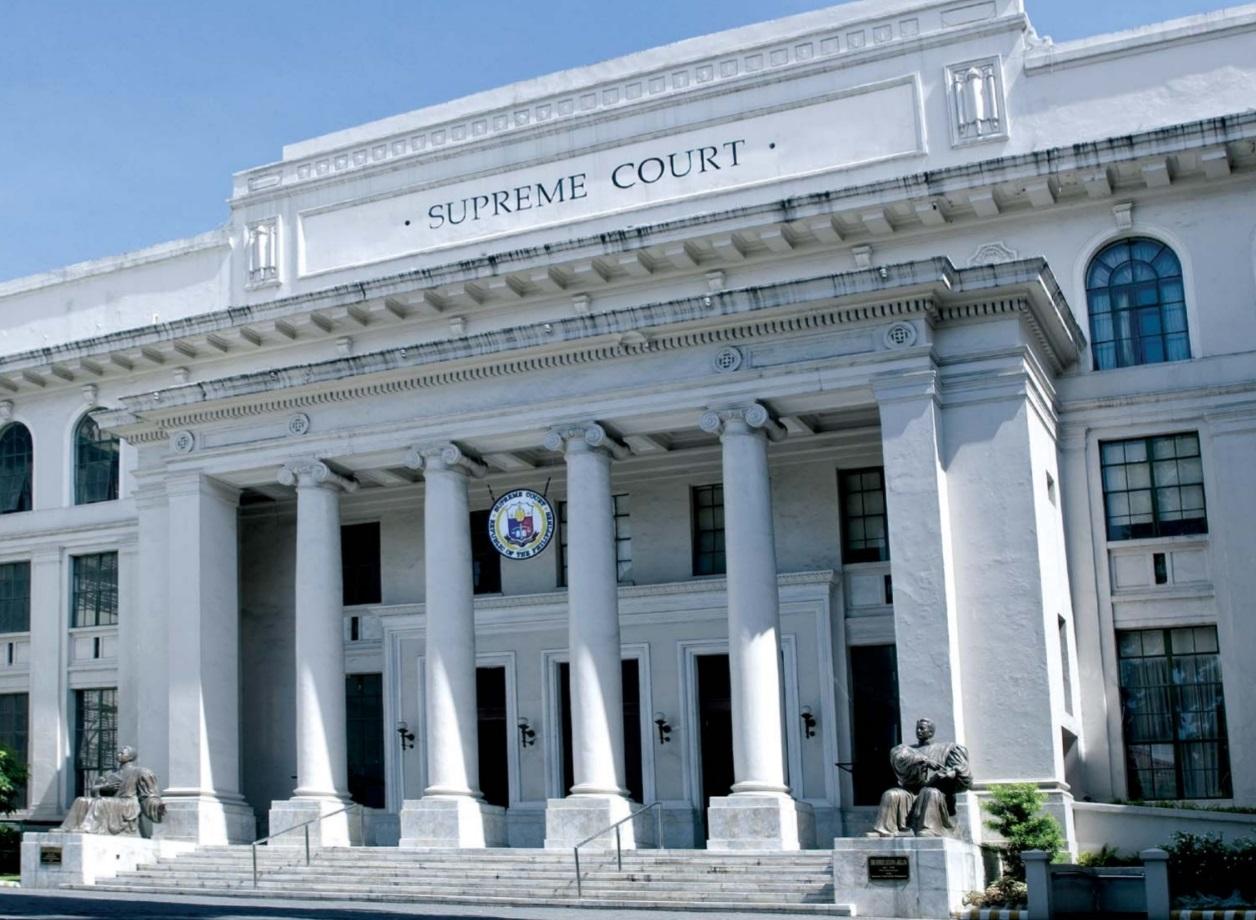SC: Search warrants must clearly specify locations

The Supreme Court (SC) emphasized on Friday the necessity for search warrants to clearly define the specific location authorities intend to search during operations.
The SC ruled that search warrants lacking precise details about the location to be searched are invalid, as they violate constitutional protections against unlawful searches and seizures.
This decision led to the acquittal of an individual charged with illegal possession of dangerous drugs and drug paraphernalia under the Comprehensive Dangerous Drugs Act of 2002. The case hinged on a defective search warrant and its improper execution.
In 2017, the Philippine Drug Enforcement Agency (PDEA) executed a search warrant against the individual. The warrant merely described the location as “informal settlers compound, NIA Road, Barangay Pinyahan, Quezon City.”
PDEA agents conducted the operation by forcibly entering the individual’s house without knocking or announcing their presence. They subsequently arrested the individual and seized sachets containing shabu.
Although the regional trial court convicted the individual and the Court of Appeals upheld the decision, the SC reversed the rulings. It deemed the search warrant invalid for being overly broad—a violation of the 1987 Constitution.
“This lack of specificity effectively granted PDEA agents unchecked authority to search the entire compound,” the SC Public Information Office said in a statement.
Furthermore, the SC noted procedural violations in the execution of the warrant. According to Rule 126, Sections 7 and 8 of the Rules of Court, government agents must identify themselves and request permission before entering a location. Forced entry is permissible only if access is explicitly denied.
“This protocol safeguards both the person being served and the agents from potential violence resulting from an unannounced entry,” the SC explained.
The Court also underscored the requirement for searches to be conducted in the presence of the occupants. If unavailable, at least two residents must witness the search to ensure transparency and accountability.
Political prisoner advocate group KAPATID said the decision “offers a ray of hope for political prisoners.”
"The Philippine Supreme Court’s recent landmark decision voiding defective search warrants and emphasizing the need for specificity offers a ray of hope for political prisoners unjustly jailed under questionable search warrants and their irregular execution," said KAPATID in a statement.
The group mentioned the cases of Vicente Ladlad, Alberto Villamor and Virginia Villamor.
"The three in fact are the last remaining victims of the notorious search warrant factory of Judge Cecilyn Villavert, whose warrants have been quashed multiples times by co-equal courts for lacking specificity and violating constitutional standards," said spokesperson Fides Lim.
"KAPATID hopes this new Supreme Court decision could pave the way for the dismissal of cases like theirs, where faulty and vague warrants have been used as a tool of persecution of activists, leading to their unjust and prolonged imprisonment," she added. — with a report from Jiselle Anne Casucian/DVM/VBL, GMA Integrated News




